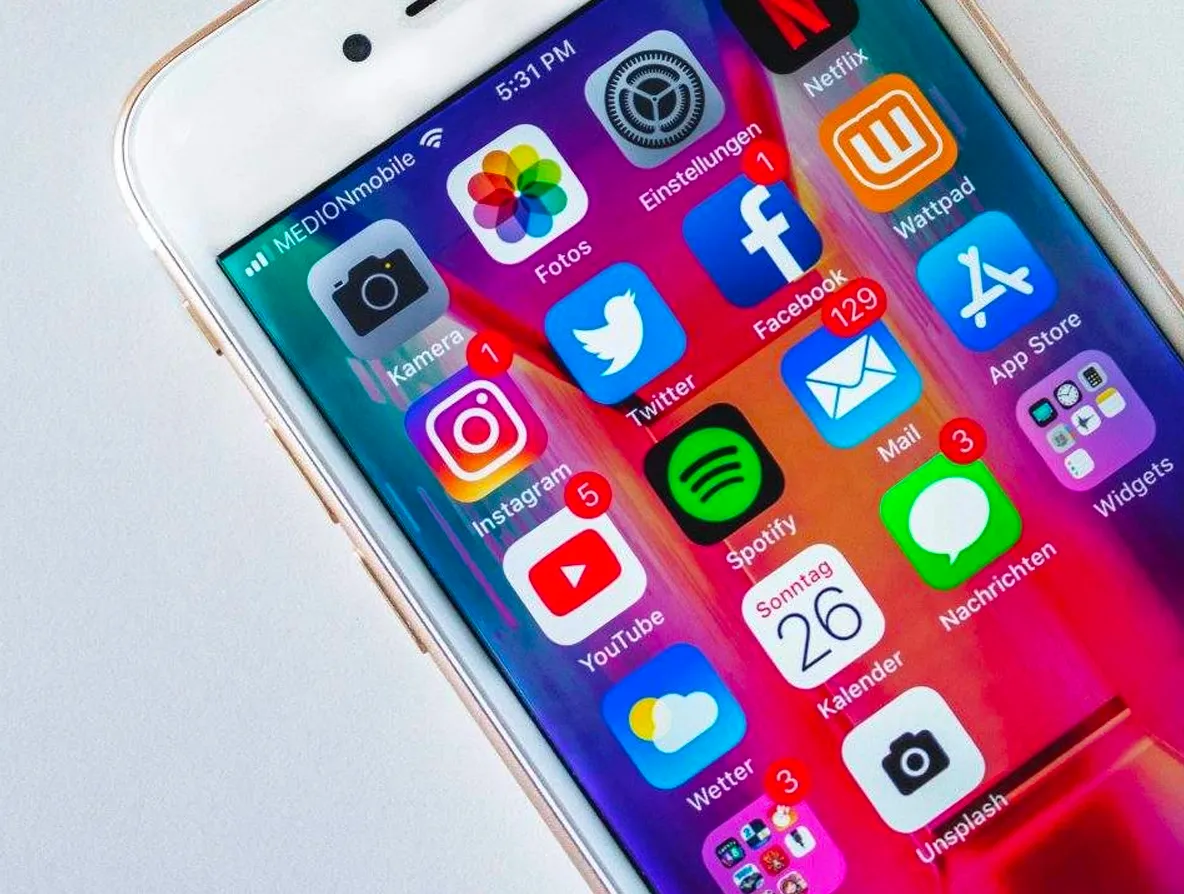




What is internet Jargon?
With the rapid rise of social media, the internet has become a place where communication is key. In order to keep up with the fast-paced world of social media, users have developed a whole new language, complete with its own jargon and terminology. From hashtags to emojis, internet jargon has become an integral part of our online experience.
Hashtags in Online Communication
Hashtags are a prime example of how internet jargon has changed the way we communicate online. Originally used on Twitter as a way to categorize tweets and make them easier to find, hashtags have now become ubiquitous across all social media platforms. A hashtag is a word or phrase preceded by the # symbol, which allows users to search for content on a specific topic. Hashtags have become so popular that they are now used in everyday conversation, and have even been incorporated into advertising campaigns.
Emojis an online lenguage
Emojis are another example of internet jargon that has taken the world by storm. Emojis are small digital images or icons used to express emotions or convey ideas. They were first introduced in Japan in the late 1990s, but it wasn’t until the rise of smartphones that they really took off. Today, emojis are an essential part of social media communication and are often used to add context or emotion to messages.
Other Jargon examples
Another example of internet jargon is the use of acronyms and abbreviations. For example, LOL (laugh out loud), BRB (be right back), and TTYL (talk to you later) are all commonly used in online communication. While these abbreviations were originally used to save time and space in text messages, they have since become a shorthand way of communicating in online conversations.
Internet jargon has also given rise to new terms that are specific to social media. For example, “friending” someone on Facebook means adding them as a friend, while “unfriending” means removing them from your friend list. Similarly, “liking” a post on Instagram or Facebook means showing your appreciation for it, while “tagging” someone in a post means mentioning them in the post.
How to Ensure Inclusive Online Conversations
The rise of social media has also given birth to new forms of internet jargon, such as “trolling” and “cyberbullying”. Trolling is the act of deliberately provoking someone online, often for the purpose of causing an argument or upset. Cyberbullying is the use of the internet to harass, intimidate, or harm someone, often using social media platforms.
While internet jargon has certainly changed the way we communicate online, it is important to remember that not everyone is familiar with this new language. In fact, the use of internet jargon can be exclusionary, making it difficult for those who are not familiar with it to participate in online conversations. It is important to use internet jargon appropriately and to be mindful of others who may not be familiar with it.
In conclusion, the rise of social media has given birth to a whole new language of internet jargon. From hashtags to emojis, internet jargon has become an integral part of our online communication. While internet jargon can be useful for saving time and space in online conversations, it is important to use it appropriately and to be mindful of others who may not be familiar with it.
We are here to help.
Still haven’t found what you're looking for? Chat, email or Call our Customer Care Pro’s!

1400 Broadfield Boulevard Suite 200
Houston, TX 77084 United States
© 2025 Rural Telecommunications of America, Inc. All rights reserved.
1-844-RTA4USA
Deals
Wholesale
Business
Residential
gigFAST NETWORK ®
gigFAST IoT ®
gigFAST TV ®
gigFAST VOICE ®
gigFAST INTERNET ®
Legal
Cookies
Privacy Policy
gigFAST TV ® Privacy Policy
Acceptable Use Policy
RTA Internet Transparency Statement
Supplement to Client Services Agreement General Terms
RTA Story
RTA Careers
RTA Newsroom
RTA Blog
RTA Testimonials
Areas Served
Crystal Beach
Odessa
Midland
Smithville